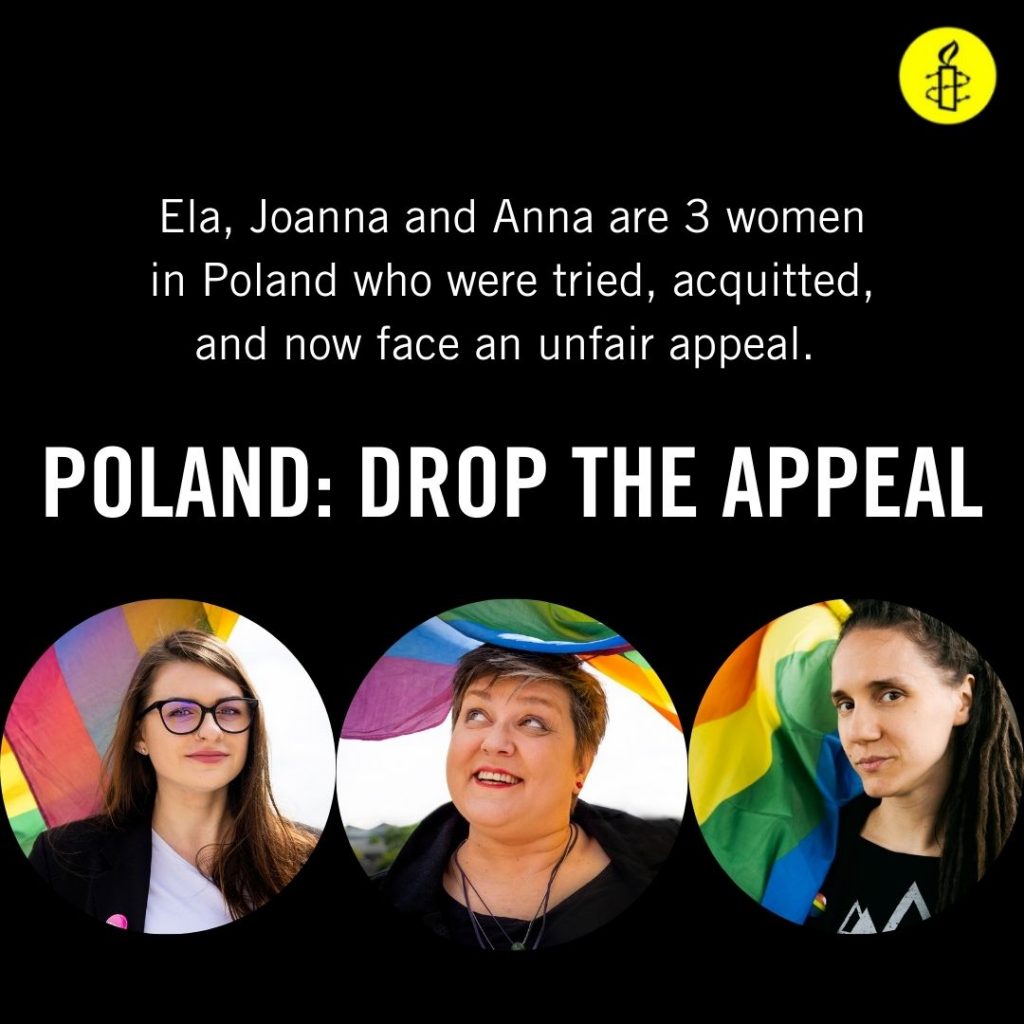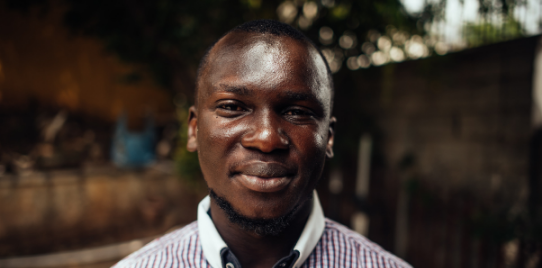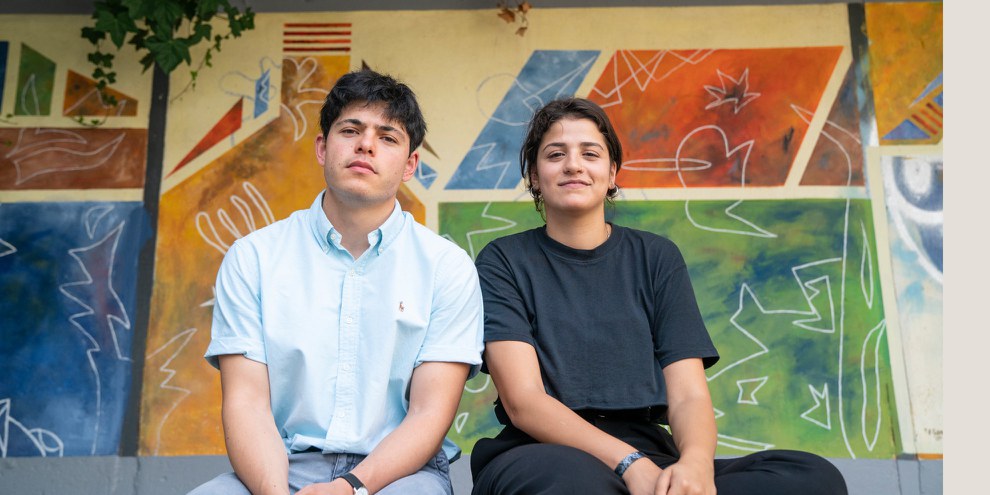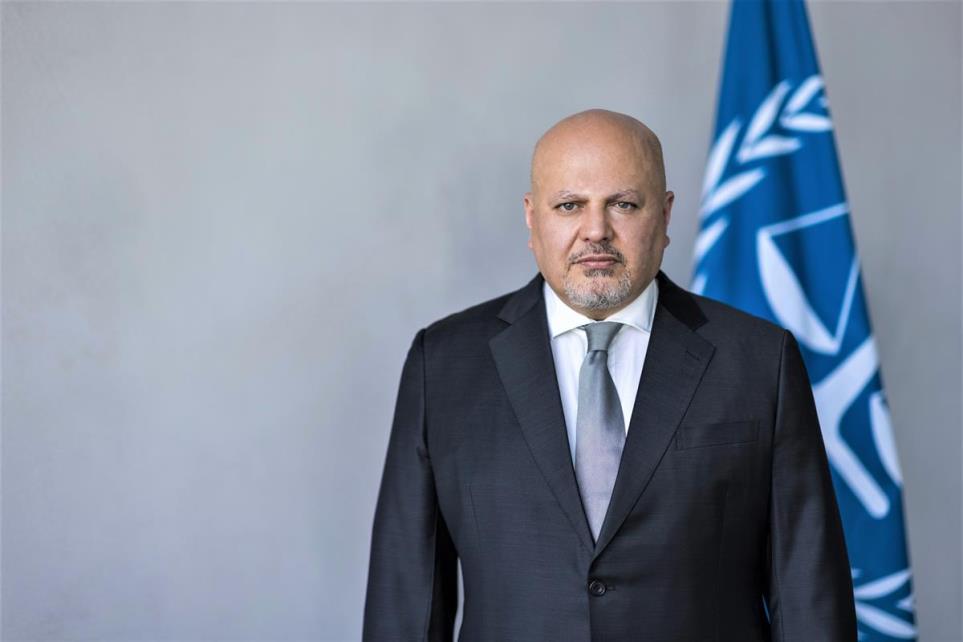Turkey
Osman Cavala
As reported in the last Europe Team Newsletter, entrepreneur and philanthropist Osman Kavala who was arrested in 2017 and charged with involvement in the Gezi Park protests and plotting to overthrow the state was due back in court on 26 November. Regrettably, at that hearing the court refused to release him from pre-trial detention and has scheduled the next hearing for 17 January 2022.
In the meantime at their meeting between on 2 December the Council of Europe’s Committee of Ministers (COM) have voted to commence infringement proceedings against Turkey because of its failure to implement what is, theoretically, a binding judgement of the European Court of Human Rights that Osman Kavala should be freed. This is good news because such a decision is incredibly rare (only taken once in the history of the Council). If Turkey does not comply it will again be referred back to the European Court of Human Rights on 20 February 2022 and this process could leads to Turkey having its voting rights removed or even expulsion from the Council.
We wait to see the response of the Turkish Government to this ruling.
Poland
Human Rights Defenders
 The trial against brave Human Rights Defenders: Ela, Anna and Joanna starts 8th December.
The trial against brave Human Rights Defenders: Ela, Anna and Joanna starts 8th December.
Amnesty Poland will be following the trial , reporting on Twitter, we will keep the Facebook/AmnestyUKEurope page updated with the outcome.
Elżbieta, Anna and Joanna are outspoken activists and human rights defenders from Poland. They have stood against hate and discrimination for many years and are fighting for a just and equal Poland. They have been targeted by the Polish authorities just because of their peaceful activism. Their demand for justice continues. Now, they need you to fight for them, once again.
In March 2021, Elżbieta, Anna and Joanna were acquitted after spending months on trial accused of ‘offending religious beliefs’, simply for distributing posters of the Virgin Mary with a rainbow halo, the colours of the LGBTI pride flag. The ‘not guilty ‘verdict brought a moment of huge celebrations, but their relief was short-lived. The Polish authorities are now appealing against their acquittal, so the three women’s fight for justice continues. Once again, they now face up to two years in prison, just for standing up for LGBTI rights in a climate of hate and discrimination in Poland. Sadly, their case is another example of the constant harassment activists and human rights defenders face in Poland for carrying out peaceful activism. The appeal against their acquittal shows the irrational determination of Polish authorities to use the criminal justice system to that end. Having, creating, or distributing posters such as these is not a crime; it is freedom of expression, a basic human right. [Read more…]



